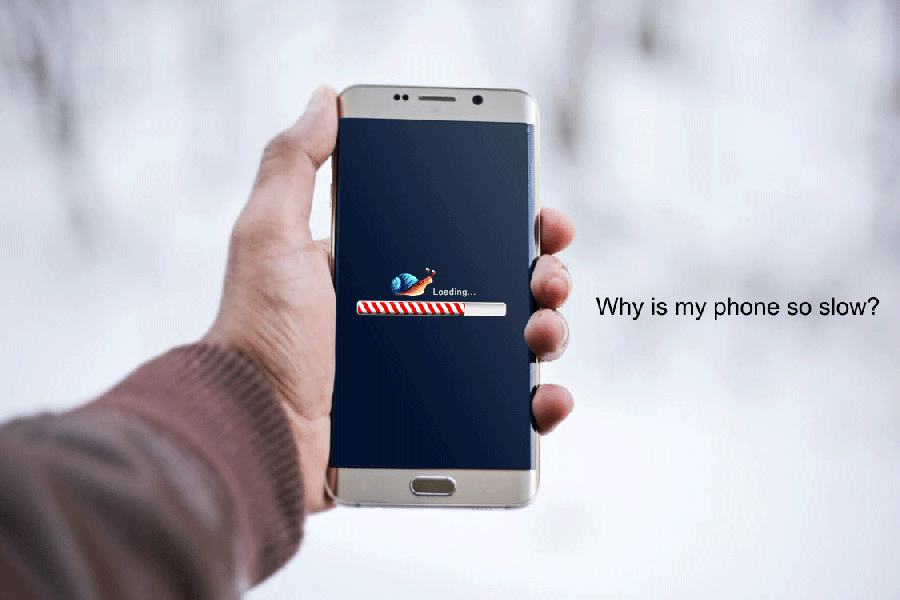
It is very noticeable that a brand-new phone works fast, but goes slower over time even though you haven’t installed any significant apps yet. There are many reasons why an Android phone fails to function the same way it was out of the box. One reason is that you could be running a heavy background app such as an independent launcher, or your phone’s internal memory has been depleted.
Internal storage has other functions other than just being storage. It is basically your phone’s lifeblood. All the important features of your phone, such as the OS and pre-installed apps, are found in the internal storage memory. And just like the human body, as we get heavy our functions and movement get limited.
So, to avoid your phone from reaching unnecessary obesity, here are some things that might have been slowing your phone down and it’s right under your nose.
Too Much Cache
Not many people know about the cache. But, it is the number one threat to depleting your phone’s internal memory.
Cache, basically, is a scratch component that stores data so future requests for that data can be served faster. Almost all Android applications create a cache to provide better and faster services. For example, Facebook creates cache so that previously viewed images will load faster when browsing through the newsfeed. Chrome also creates cache so that frequently visited websites load faster than your first visit.
A single cache consumes only a very small portion of your phone’s memory. However, small stuff will eventually lead to a bigger problem if left ignored.
Too Many Apps Running in the Background
For fun and curiosity, we most likely want to download all apps in the Play Store. Apparently, even the most advanced device has its limit. In this case, your Android Phone.
Android applications don’t just require memory upon install. It also requires additional space for it to work. This is called background processing. If you’ve noticed that your applications have been constantly crashing, then there might not enough space left for it to function.
Common applications that demand heavy background processing are social media apps, messaging apps, launchers, and news apps. They are required to run in the background so that it can update you with the latest notifications. If you want them to completely shut down when not using, head directly to apps settings and close them manually.
Ways to Save Space
Every problem has a solution. That’s why they call it a smartphone and not a dumb phone.
To avoid cache and background processing occupy too much internal phone storage, transfer all the data of your apps to the external storage. Android phone manufacturers have a very good reason why they provide a MicroSD slot on all smartphones. Transferring the data will also mean that cache created by every app will also be saved in the external storage.
Also, to get rid of cache and save your phone from dying. Install a smart-cleaning app. This app will notify you when a noticeable amount of cache has been piled up and will give you the option to delete them. Smart-cleaning apps are can be an independent app, a built-in Android feature, or attached to an AntiVirus software.
